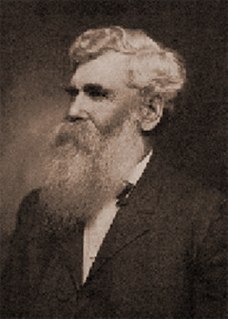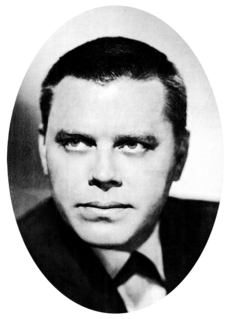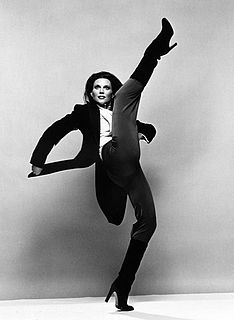A Quote by C. S. Lewis
The story itself should force its moral upon you. You find out what the moral is by writing the story.
Related Quotes
And the moral of the story is that you don't remember what happened. What you remember becomes what happened. And the second moral of the story, if a story can have multiple morals, is that Dumpers are not inherently worse than Dumpees - breaking up isn't something that gets done to you; it's something that happens with you.
If an instrument similar to a geiger-counter could be invented that counted moral judgements instead, we would learn to duck as people became increasingly 'moral', since lethal force is usually imminent. So far from moral fervour being an alternative to force, it is frequently the overture, the accompaniment and the memorial to it.
So, first, I wanted to be a part of the project because I thought it was an important story to tell. On top of that, it's rare to find roles for strong, young, feisty women, especially in a military film. And I love that Suarez ends up being the moral compass of the story, and that she's also brave enough to stand up to all these men.





































